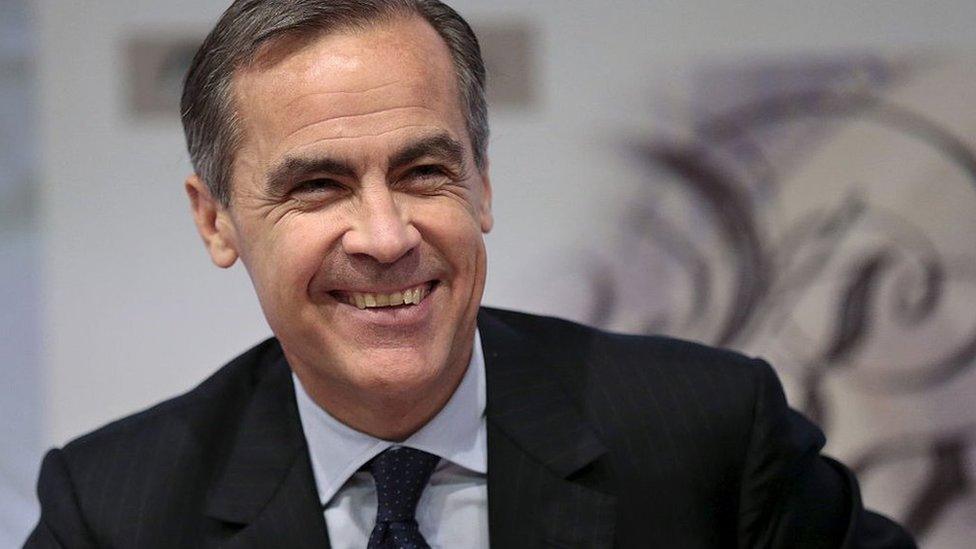1 In 10 Indians Has Mental Health Issues, Less Than 25% Getting Treatment
Wed 26 Oct 2016, 08:24:59
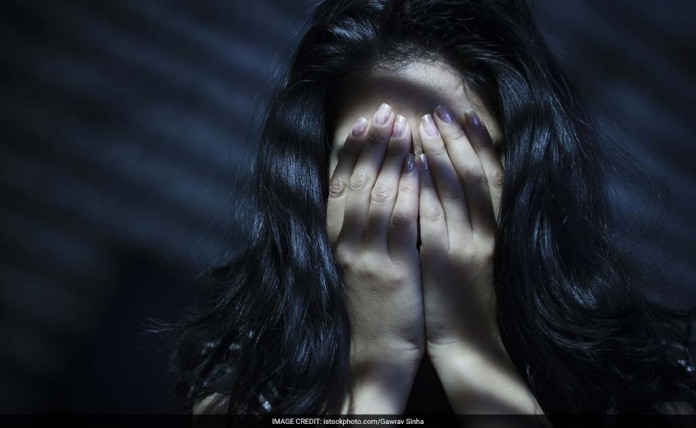
One in 10 Indians above the age of 18 has mental health issues, revealed the National Mental Health Survey report on Monday.
The survey, commissioned by the Ministry of Health and Family Welfare and carried out by the Bengaluru-based National Institute of Mental Health and Neurosciences (NIMHANS), was conducted in 12 states. It saw a participation of 40,000 Indians, making it the world’s second largest mental health survey.
The survey uncovered some startling statistics about the mental health of Indians. It said:
– 10 per cent of Indians (150 million) have a common mental health problem which could include depression, anxiety and substance abuse disorders
– One per cent Indians have suicidal tendencies
– 10% of men above 18 have issues with alcohol abuse
– Less than 25% of those who need help for mental issues are accessing treatment
The survey also exposed how the system is inadequate to deal with the prevailing mental health distress in the country.
Dr. G Gururaj, Head, Centre for Public Health, NIMHANS said, “Urban areas showed more prevalence of mental health issues than the rural areas. When it came to economic factors, lower income groups and those with low levels of education had a higher prevalence than those who were better off.”
The
survey showed that mental health issues affect income as the average monthly expenditure for a family which has a person recovering from a mental disorder are between Rs 1,000 to 2,500. The earning capacity of a person with a mental disorder is likely to get affected, it noted.
survey showed that mental health issues affect income as the average monthly expenditure for a family which has a person recovering from a mental disorder are between Rs 1,000 to 2,500. The earning capacity of a person with a mental disorder is likely to get affected, it noted.
Dr. Vivek Benegal, Head, Centre for Addiction Medicine at NIMHANS said that 10 per cent of Indian men above the age of 18 have alcohol abuse issues that lead to other non-communicable diseases like obesity.
“We also studied systems in this survey and found that less than 25% of people with mental health issues were accessing the treatment and sometimes not availing the same due to lack of availability and also the stigma attached to mental health issues,” he said.
The survey also stated that neurosis and stress-related disorders like phobias and anxieties were twice more common in women than men.
Mental health issues often co-exist with other non-communicable diseases either as cause or effect. For example, anxiety with cardio-vascular disorders or depression was found to co-exist with cancer.
The survey stressed on the urgent need to increase awareness about mental health and reduce the stigma surrounding it. It also mentioned that involvement of educational institutions and workplaces can help reach out to those who are unaware and suffering quietly.
No Comments For This Post, Be first to write a Comment.
Most viewed from National
Most viewed from World
AIMIM News
Latest Urdu News
Most Viewed
May 26, 2020
Which Cricket team will win the IPL 2025 trophy?
Latest Videos View All
Like Us
Home
About Us
Advertise With Us
All Polls
Epaper Archives
Privacy Policy
Contact Us
Download Etemaad App
© 2025 Etemaad Daily News, All Rights Reserved.

.jpg)
.jpg)
.jpg)
.jpg)




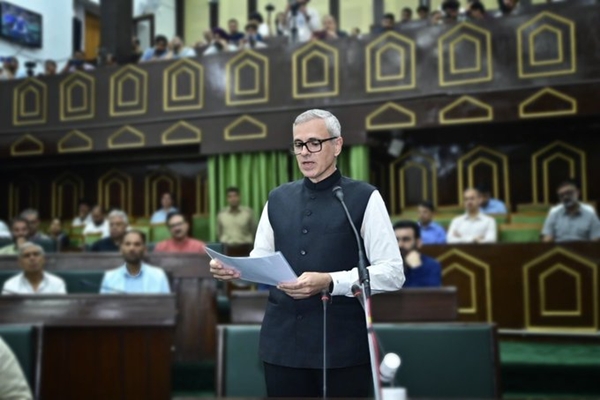
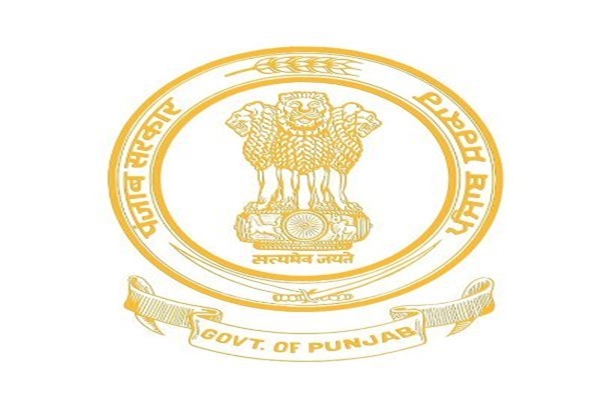
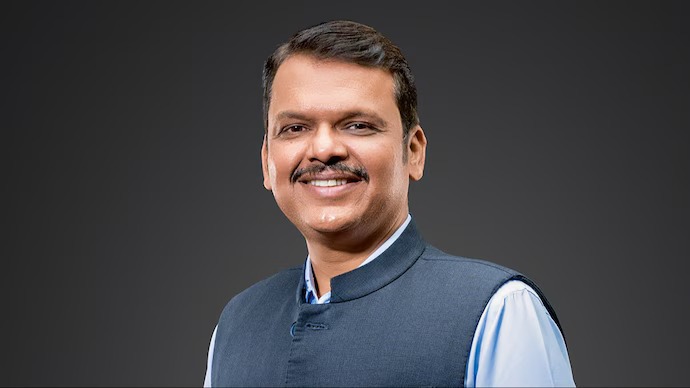

.jpg)
.jpg)
.jpg)
.jpg)
.jpg)
.jpg)


